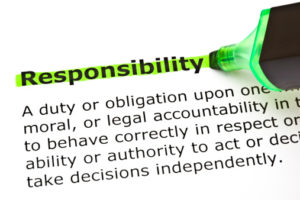Since your will’s Personal Representative (formerly known as an Executor) holds an important position in the distribution of your estate, you need to put careful thought into the selection of this agent. If a will submitted to probate court names an Personal Representative, the court awards that person “letters testamentary.” 
This is the official paperwork allowing the Personal Representative to carry out the estate administration duties.
The Massachusetts courts require specific procedures for an Personal Representative, including:
- Preparing for probate by getting copies of the death certificate
- Gathering and recording assets
- Paying out debts to creditors from the estate’s assets
- Filing tax returns and making tax payments
- Calculating expense fees, such as court costs and appraisal fees
- Distributing remaining estate assets to beneficiaries
Due to the complexity of these steps and the possibility of estate disputes like will contests, anyone appointed as Personal Representative should speak directly with a probate lawyer.
Before appointing someone as your own Personal Representative, speak with your estate planning lawyer about your possible selection. It’s a wise idea to appoint a person who is familiar with finances and comfortable serving in this role. While many people select a family member, consider whether or not the person you select would interact well with your beneficiaries so as to minimize the potential for disputes.
Your estate planning lawyer can help you with the naming of your Personal Representative. Your attorney might also be the first point of contact for your Personal Representative when you pass away, as your lawyer might be holding copies or originals of important paperwork needed to process the estate.

